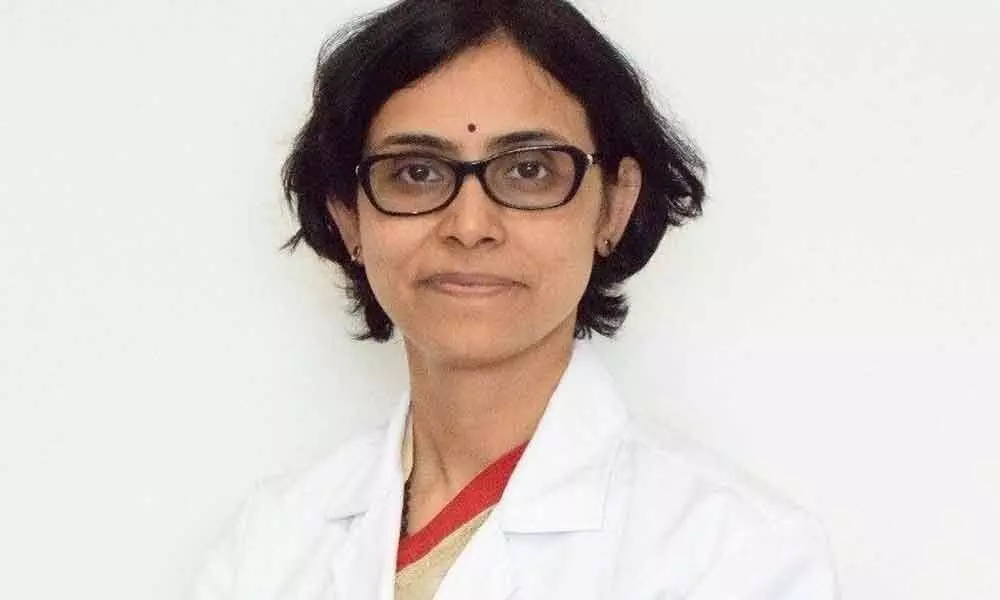Does substance abuse increase the risk of getting cancer?

Dr Niti Raizada
Substance addiction is the abuse of alcohol, illegal or prescription drugs, or over-the-counter drugs. The line between use and abuse is not always clear.
Substance addiction is the abuse of alcohol, illegal or prescription drugs, or over-the-counter drugs. The line between use and abuse is not always clear. Often the primary reason for losing control of cancer is linked to a tertiary mechanism, such as an individual's participation in poly-drug addiction, the propensity of drug addicts to ignore personal hygiene and health amongst other factors. Long-term abuse of any drug can increase the risk for numerous health problems, including the risk of developing cancer.
Tobacco is the leading cause of lung cancer and accounts for 80% of cancer deaths; 3,500 per day in India alone. There is no safe level of using tobacco and consumption in any form including cigarettes, cigars, e-cigarettes, and chewing tobacco is harmful to the body. Chewing tobacco is associated with oral cavity and pancreatic cancers. Exposure to passive smoking can increase the chances of lung cancer.
Alcohol might be appealing to people who want to reduce feelings of isolation, fear, or depression. As per the Lancet Oncology Journal, heavy alcohol use was associated with 5% of cancer diagnoses last year while the National Cancer Institute attributes 3.5% of deaths due to the same. Alcohol causes cancer to interfere with DNA repair leading to cirrhosis and sex hormone deregulation leading to breast cancer. It also increases the risk of head and neck cancer in smokers due to the increased absorption of carcinogens from tobacco.
Anabolic steroids exhibit testosterone-like effects that help increase muscle mass or boost physical performance and can be used to treat many medical conditions. Mostly misused by athletes and bodybuilders, they increase the risks of prostate cancer in men and endometrial cancer in women.
Opioids being powerful central nervous system (CNS) depressants can slow down vital survival systems, including blood pressure, breathing, heart rate, and temperature, addiction of which can risk respiratory depression, overdose, and death.
Some people try to self-cure their physical symptoms with either marijuana or by abusing medical marijuana. It increases the risk of testicular cancer, especially in younger people. Studies indicate that marijuana smoke may contain a testicular carcinogen but people suffering from high levels of stress, anxiety, or depression may turn to benzodiazepines such as Valium or Xanax.
In addition to the general risks associated with drug and alcohol abuse, cancer patients face complications specific to the disease and its treatment like reduced efficacy of treatments or therapies in some, while side effects such as nausea and vomiting in others.
You can reduce the risks of cancer by maintaining a healthy body and immune system by eating lots of fruits and vegetables which helps in accelerated recovery. People should avoid tobacco and alcohol and ensure healthy weight maintenance. Those suffering from stress, depression, and anxiety should seek professional help to manage their mental health problems. Regularly administrating self-exams and screenings can help catch cancer early and increase the likelihood of successful treatment.
(The author is, Director of Medical Oncology and Hemato-Oncology, Fortis Hospitals, Bangalore)








